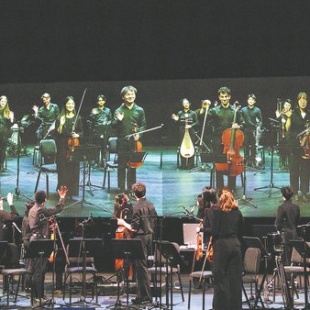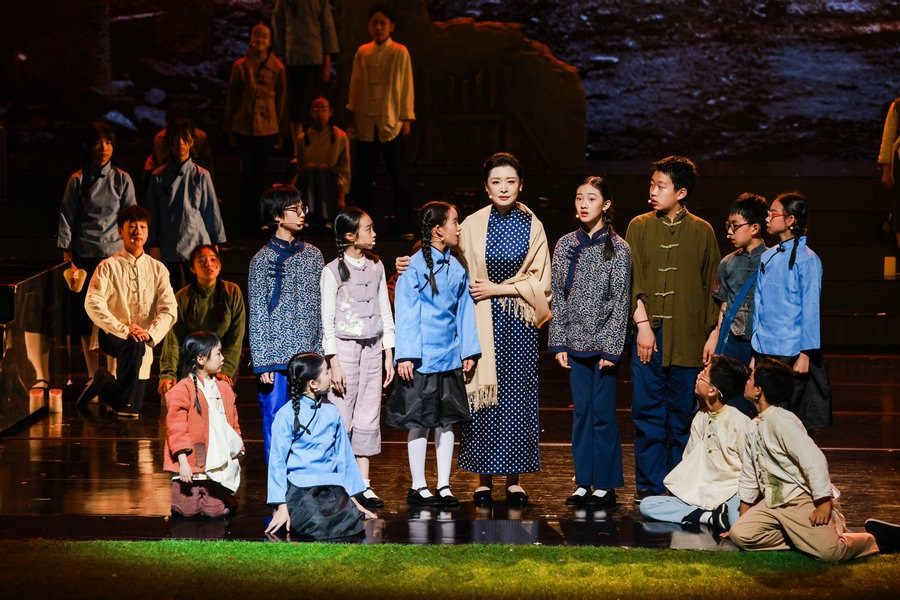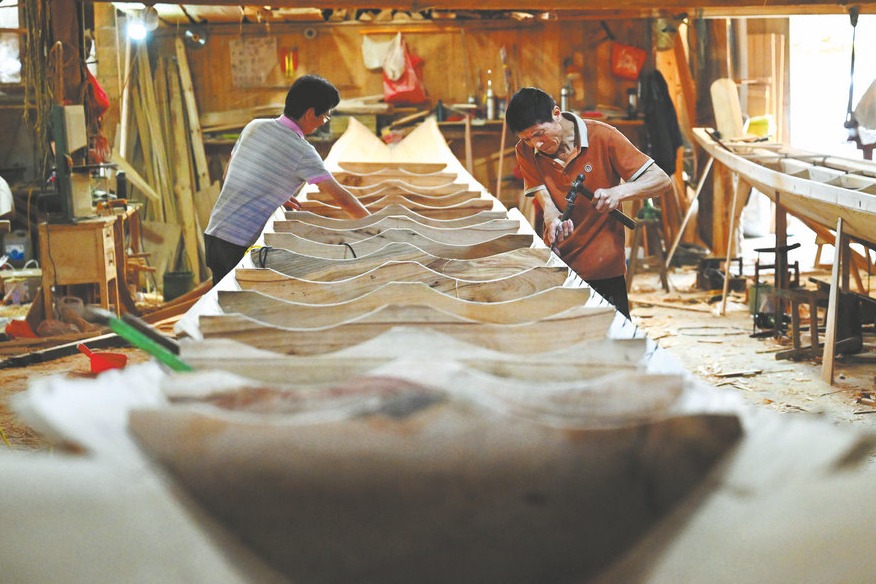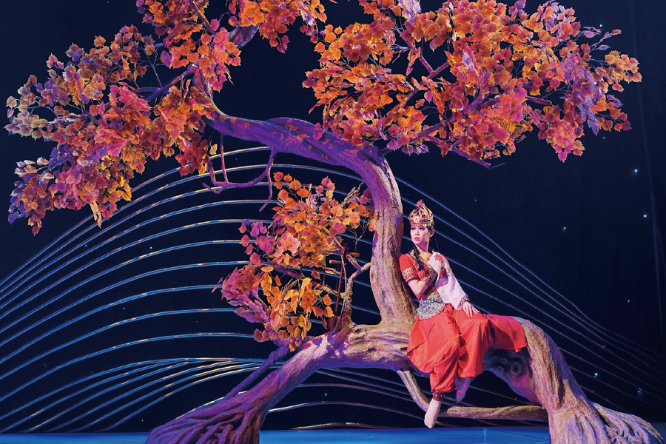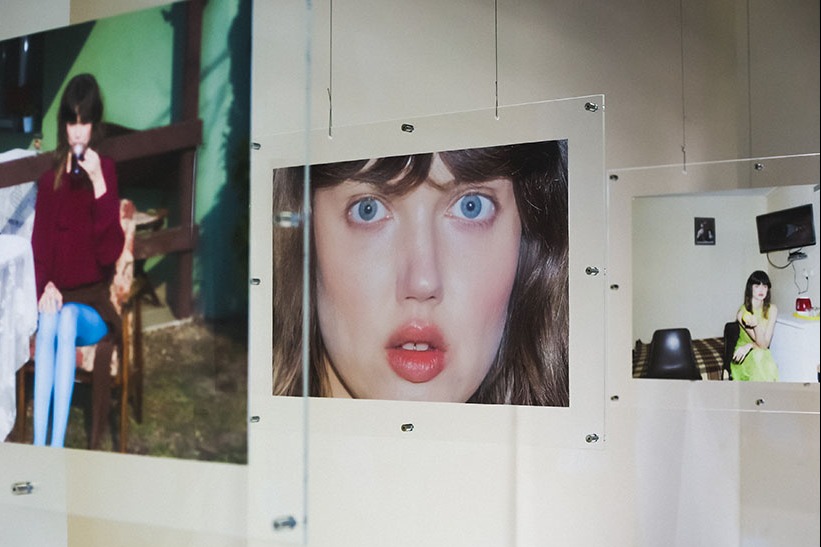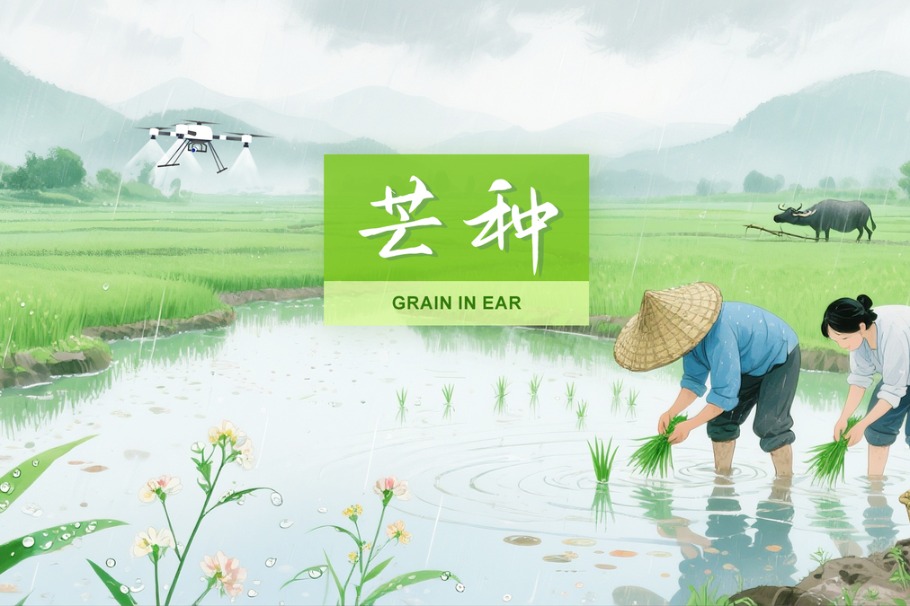In tune with AI
Performers believe instead of resisting technology, it's better to leverage it to expand audience base, Chen Nan reports.

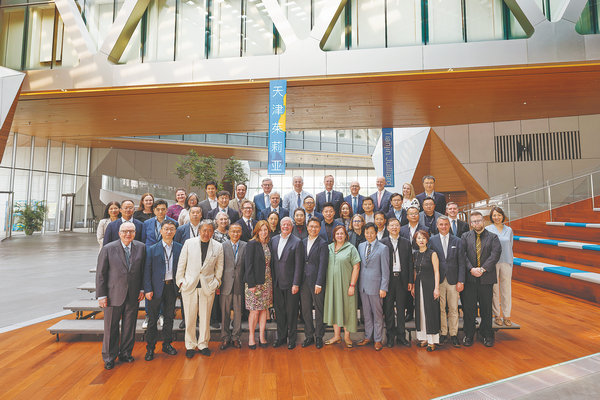
He also discusses the innovative ways AI is reshaping music education. In 2023, Juilliard School in New York and its Tianjin campus — Tianjin Juilliard — staged a groundbreaking live performance of Terry Riley's work — In C — with musicians performing 7,000 miles apart. The ensemble included 16 students from Juilliard in New York, 13 from Tianjin Juilliard, and 3 from the Tianjin Conservatory of Music, playing traditional Chinese instruments like the pipa and sheng. This transcontinental collaboration also featured interactive dance videos created by Juilliard students, marking a milestone in blending technology with performance.
Ludwig envisions AI further transforming the concert experience. Imagine attending a live, virtual performance where AI adapts the music to your preferences or allows you to "walk around" a virtual orchestra in real time. "These technologies offer extraordinary opportunities to expand classical music's reach," he says.
"With any new technology that can replace human effort, there are always risks. But this is different because of the generative possibilities," Ludwig adds. "As a composer, I do see an existential threat to our field of classical music, but it is perhaps less acute than other kinds of music because of the inherent nuance and direct connection we experience through live performance.
"What we need to preserve in all music that requires rigorous training is an audience that can appreciate the results of that training when they hear it. Where I have tremendous optimism is in the teaching capabilities of AI and the accessibility it creates. We may face challenges locally with AI, but globally, I believe we can leverage it to expand our audiences significantly. Much of the technology is already in place to augment music education; it just needs to be effectively integrated."


